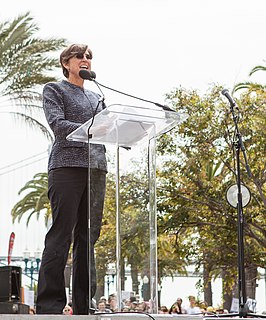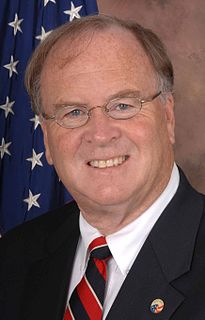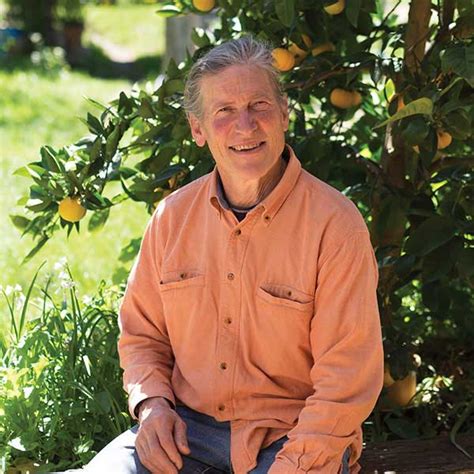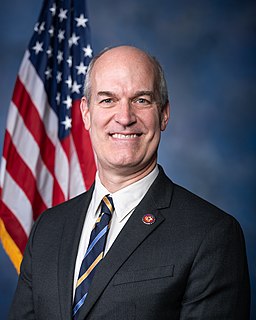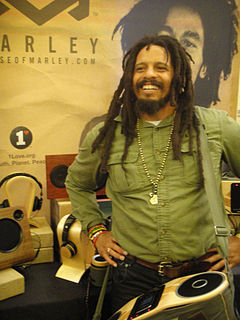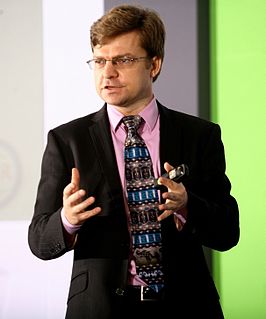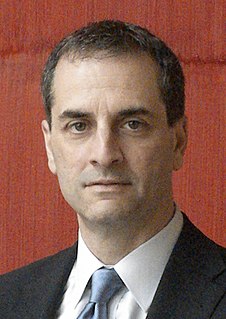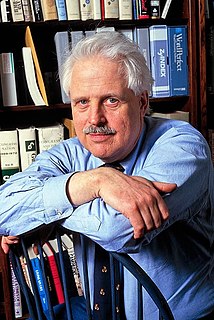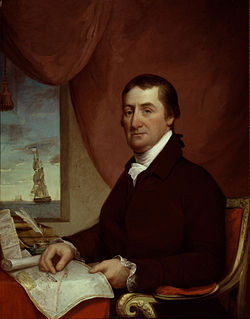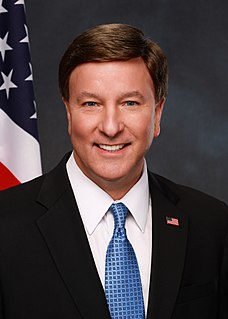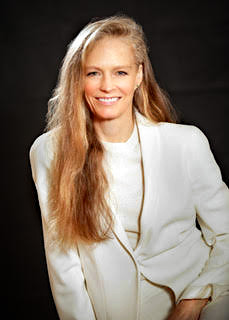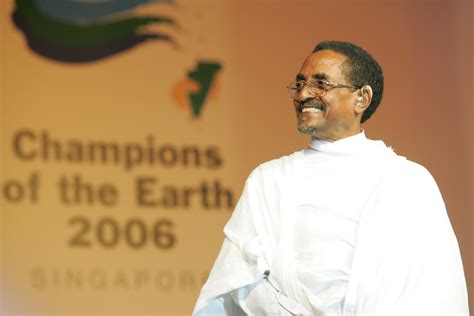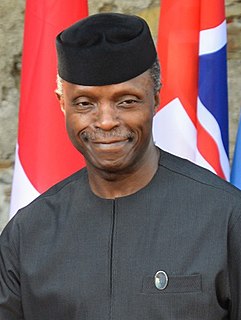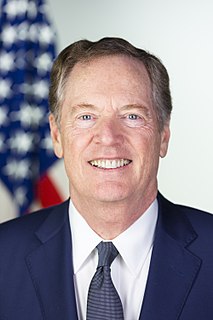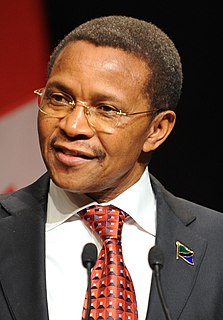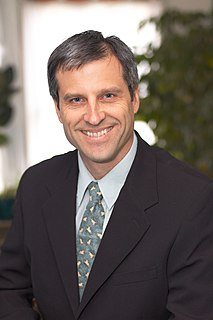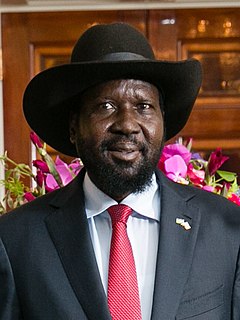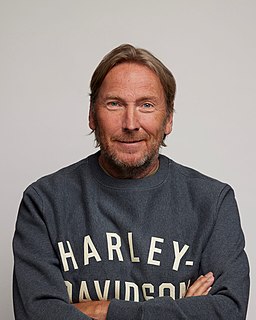Top 1200 Sustainable Agriculture Quotes & Sayings
Explore popular Sustainable Agriculture quotes.
Last updated on November 25, 2024.
Women have an important role in agriculture. We need to introduce technology, which will help us harness the potential of women in agriculture. We need to divide the agriculture sector into three parts- regular farming, farming of trees and animal husbandry. If we are able to do this, the contribution of our women will increase even more.
Permaculture is the conscious design and maintenance of agriculturally productive ecosystems which have the diversity, stability, and resilience of natural ecosystems. It is the harmonious integration of landscape and people providing their food, energy, shelter and other material and non-material needs in a sustainable way. Without permanent agriculture there is no possibility of a stable social order.
For me the two biggest issues are climate change and animal welfare/animal agriculture. And oddly enough animal agriculture is such a contributor to climate change. According to the United Nations, 25% of climate change comes from animal agriculture, so every car, bus, boat, truck, airplane combined has less CO2 and methane emissions than animal agriculture.
Agriculture is not crop production as popular belief holds - it's the production of food and fiber from the world's land and waters. Without agriculture it is not possible to have a city, stock market, banks, university, church or army. Agriculture is the foundation of civilization and any stable economy.
The sanctuary would be the epicenter for the foundation. We'll have think tanks there. It's going to be a really, really amazing place. As an educational home base, we will also focus on the development of sustainable agriculture initiative. It's a huge project but one I am exceptionally passionate about.
The reductionist measure of yield is to agriculture systems, what GDP is to economic systems. It is time to move from measuring yield of commodities, to health and well-being of ecosystems and communities. Industrial agriculture has its roots in war. Ecological agriculture allows us to make peace with the earth, soil and the society.
To the greatest extent possible, I try to make choices that involve the least amount of cruelty and environmental damage. I'm interested in sustainable agriculture, environmental issues, human rights, and my interconnectedness in the web of life. It is a great pleasure for me to find products and practices that have a positive effect on living beings and the environment, rather than a negative one.
The serious problem is the education of the peasantry. The peasant economy is scattered, and the socialization of agriculture, judging by the Soviet Union's experience, will require a long time and painstaking work. Without socialization of agriculture, there can be no complete, consolidated socialism.
The Nuffield report suggests that there is a moral imperative for investment into GM crop research in developing countries. But the moral imperative is in fact the opposite. The policy of drawing of funds away from low-cost sustainable agriculture research, towards hi-tech, exclusive, expensive and unsafe technology is itself ethically questionable. There is a strong moral argument that the funding of GM technology in agriculture is harming the long-term sustainability of agriculture in the developing world.

